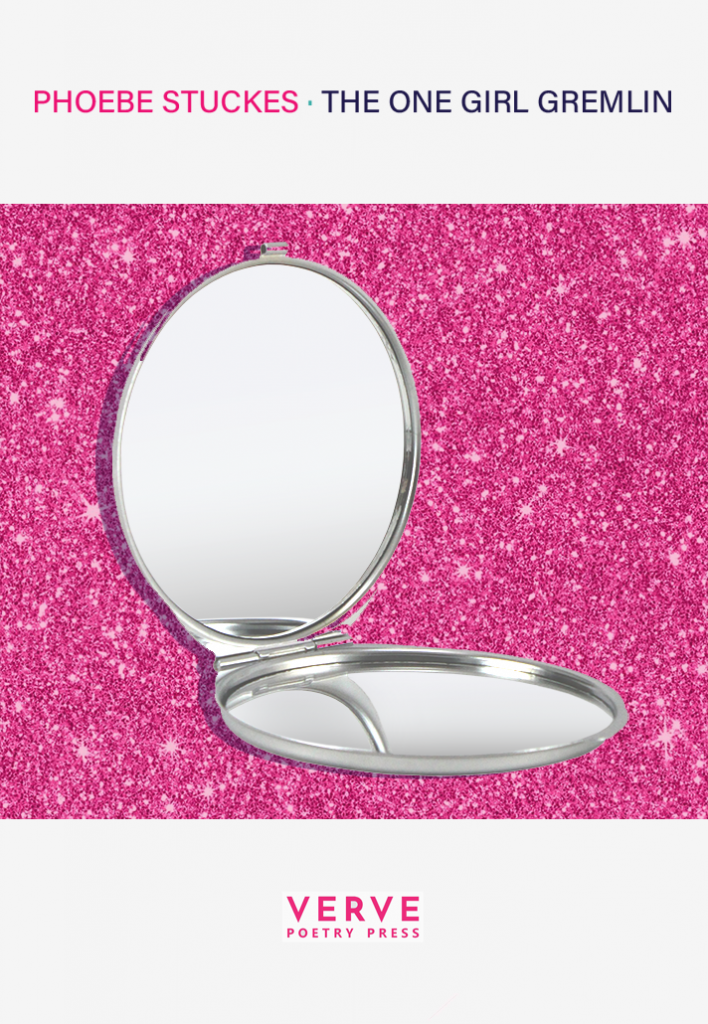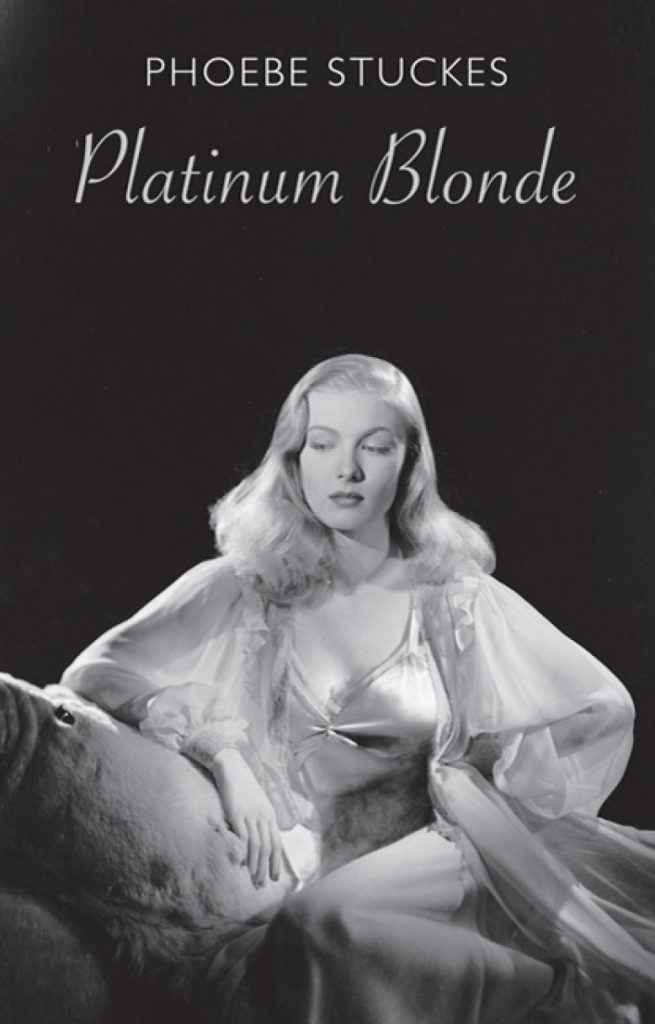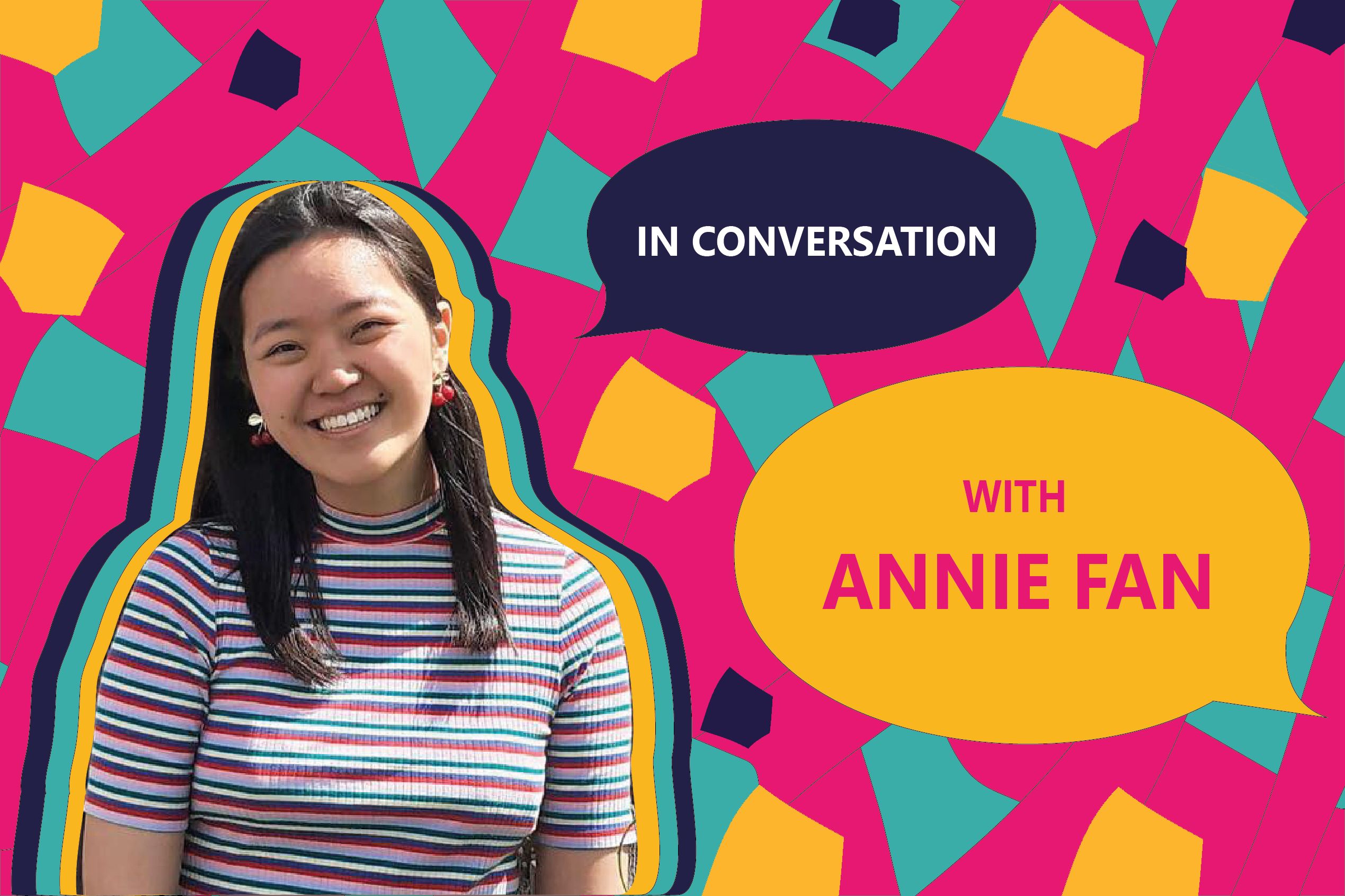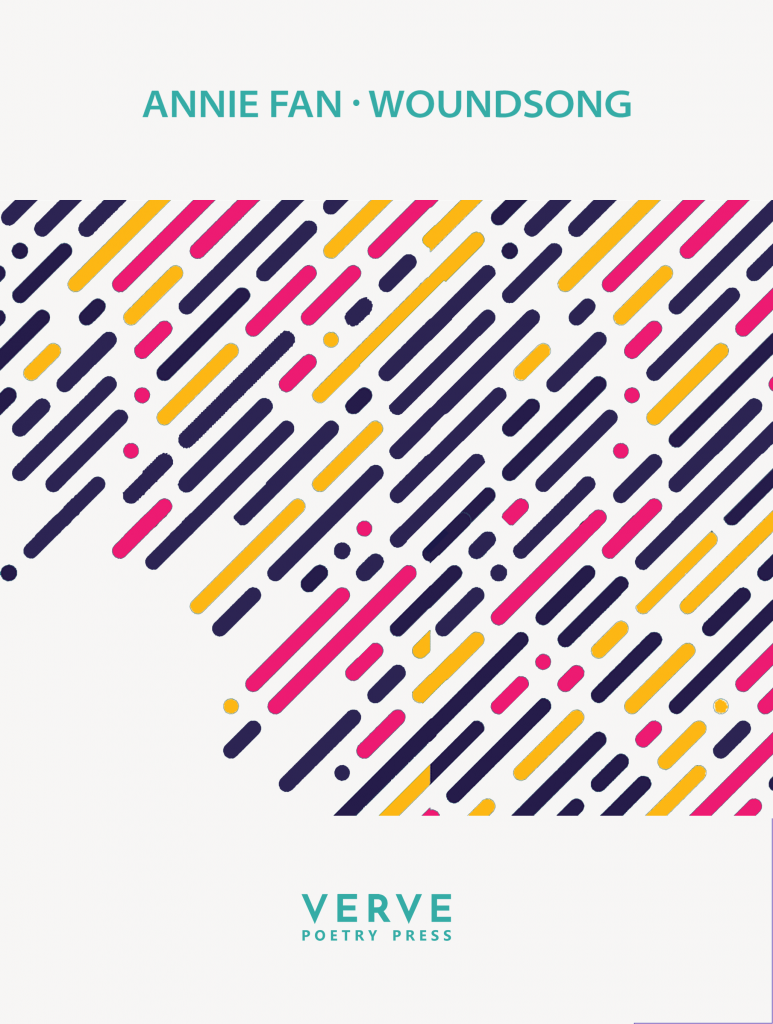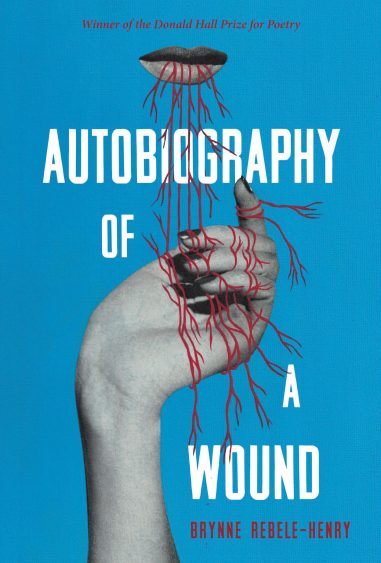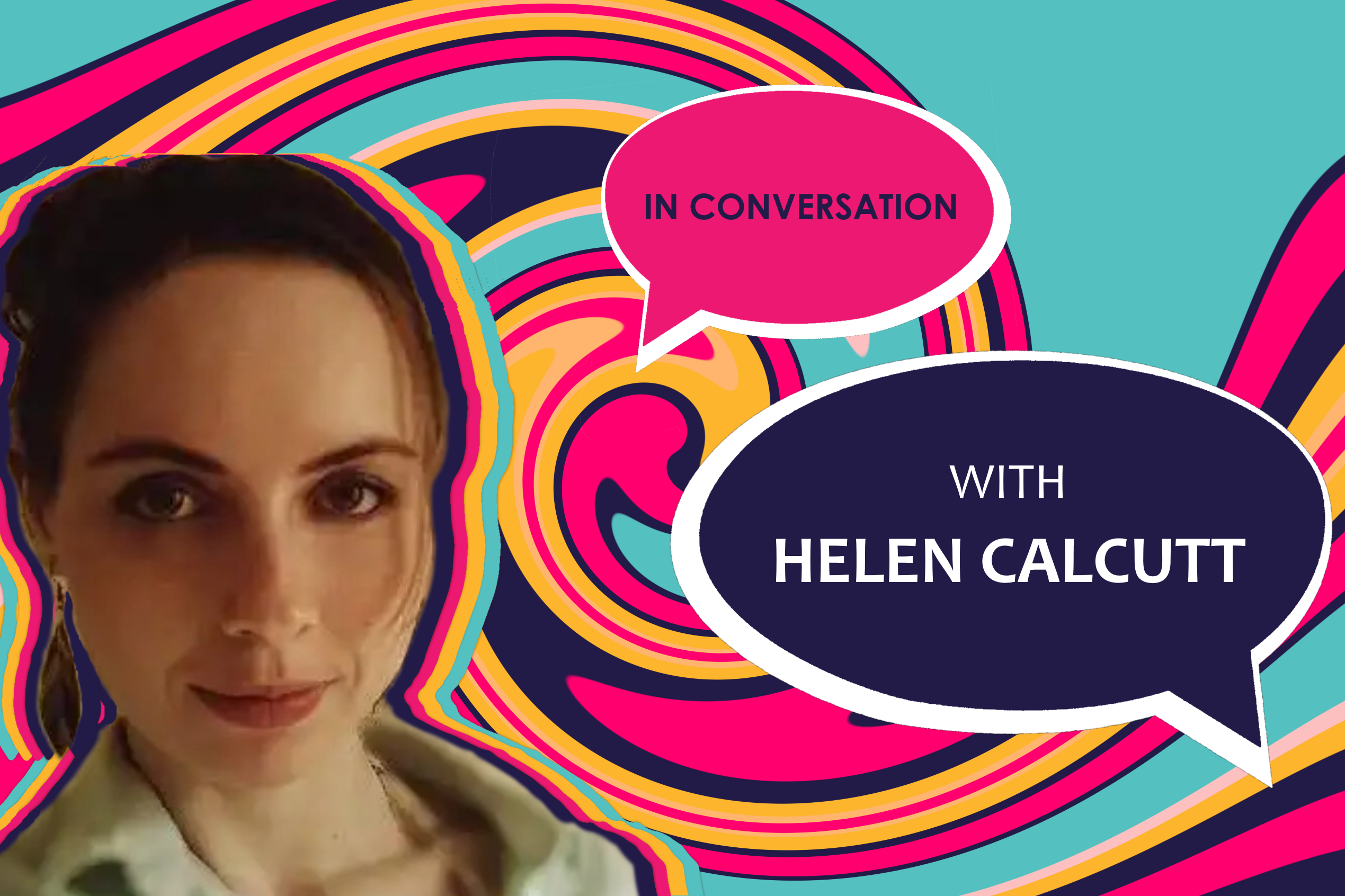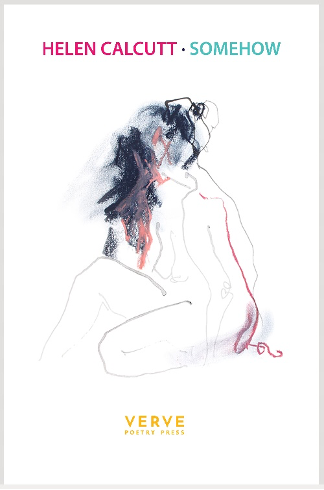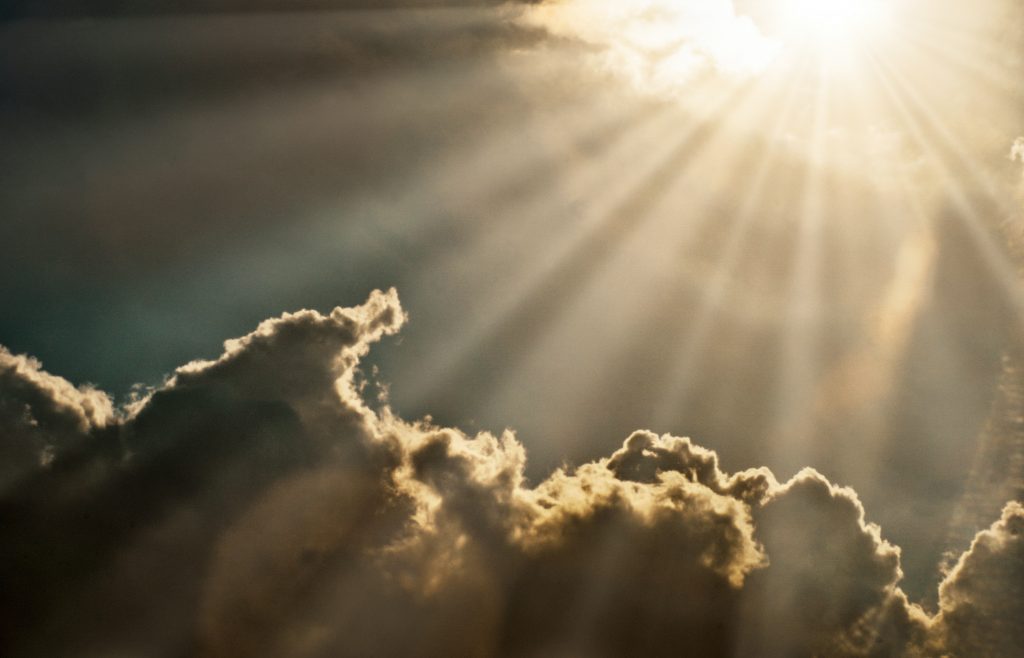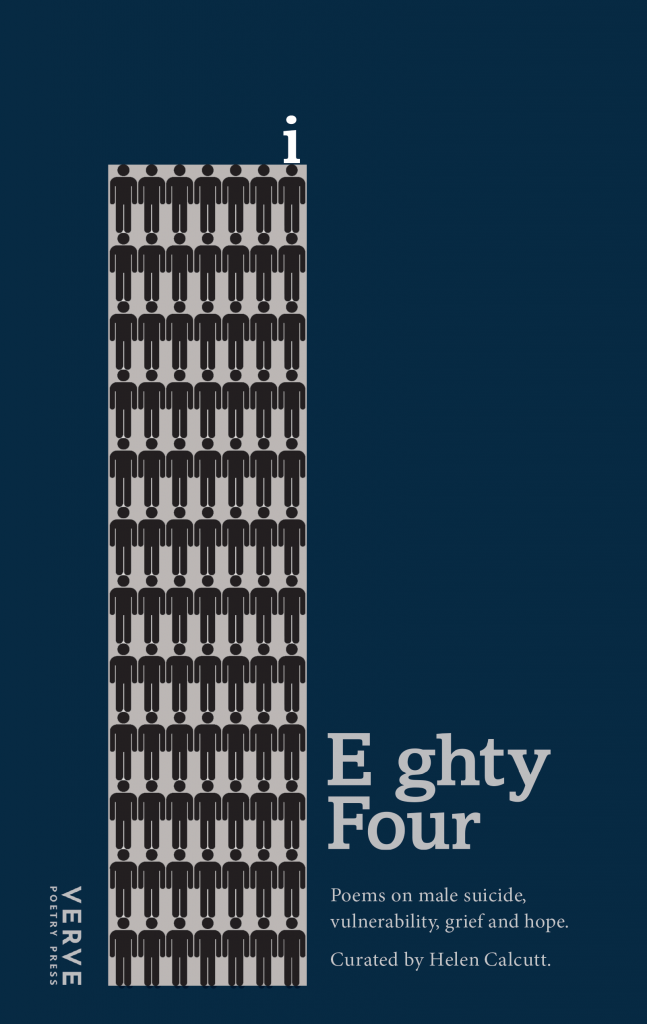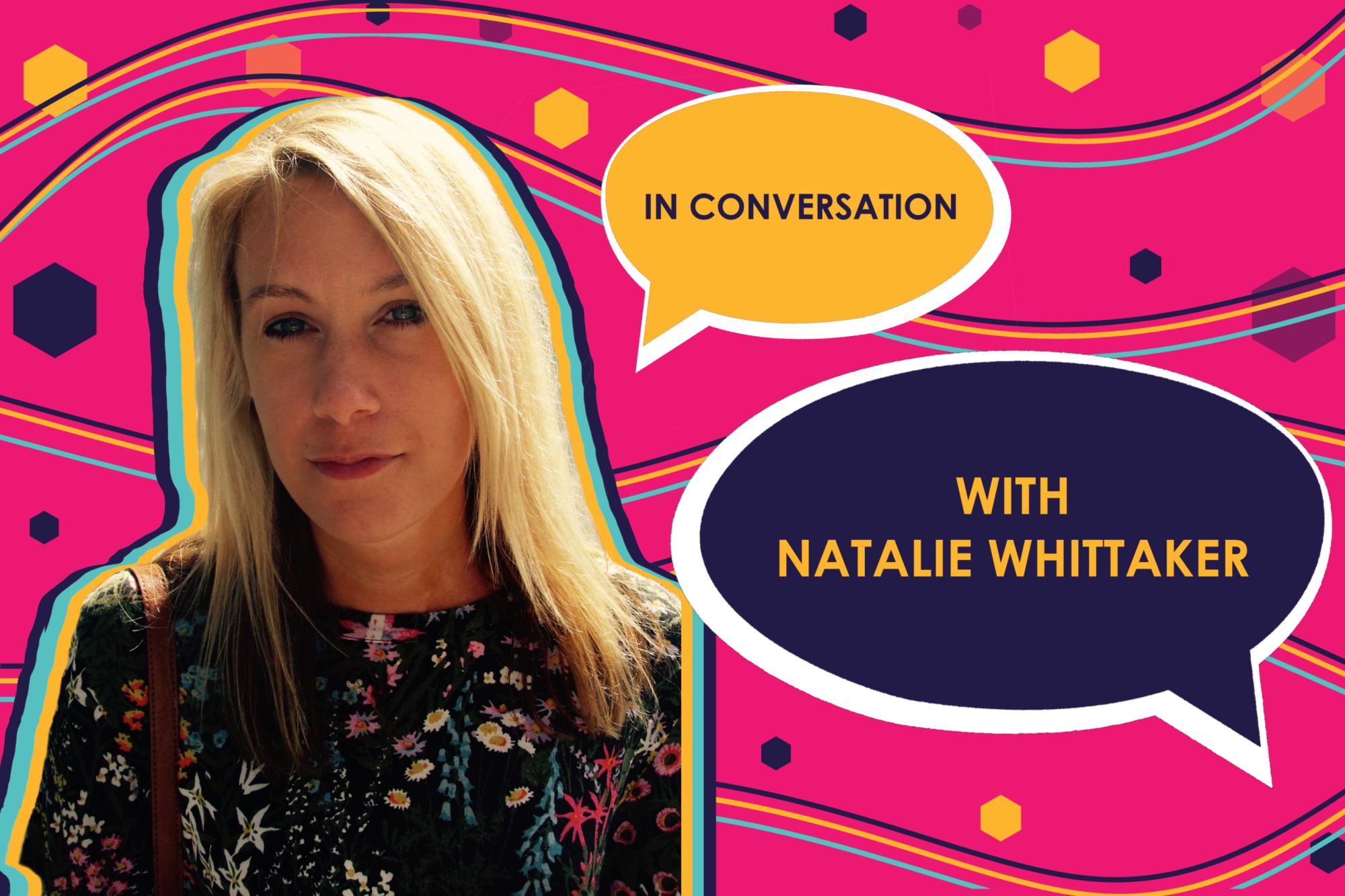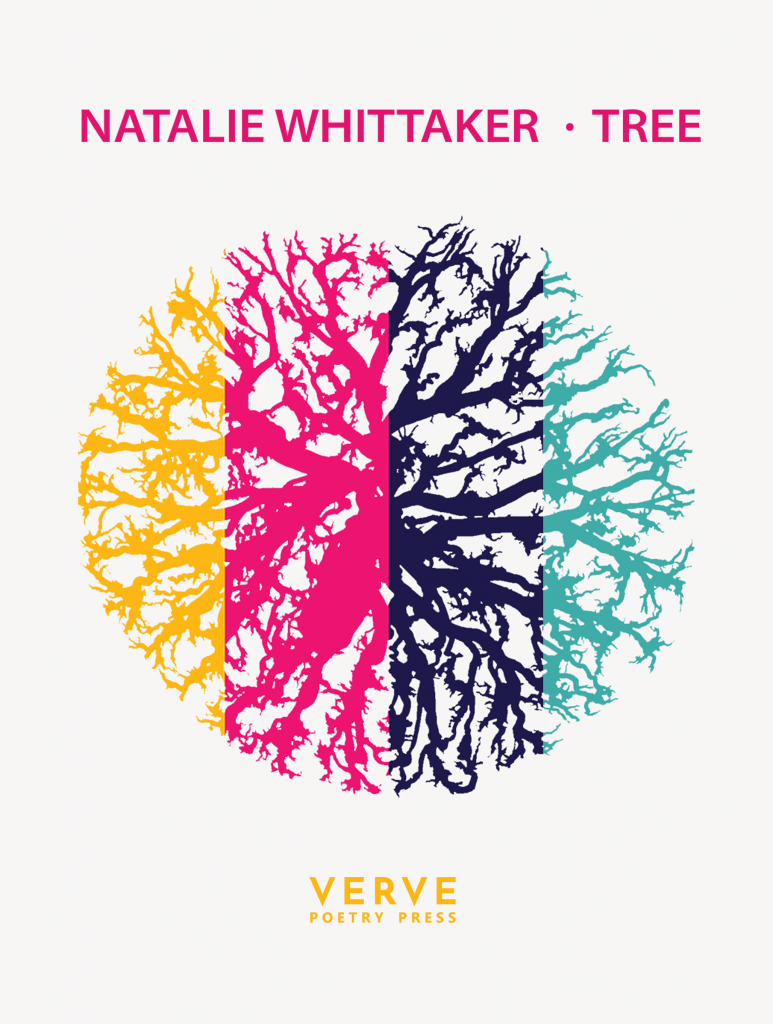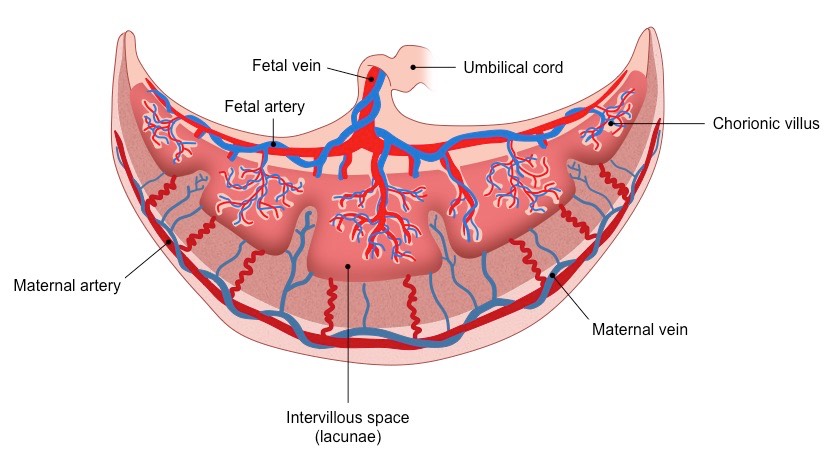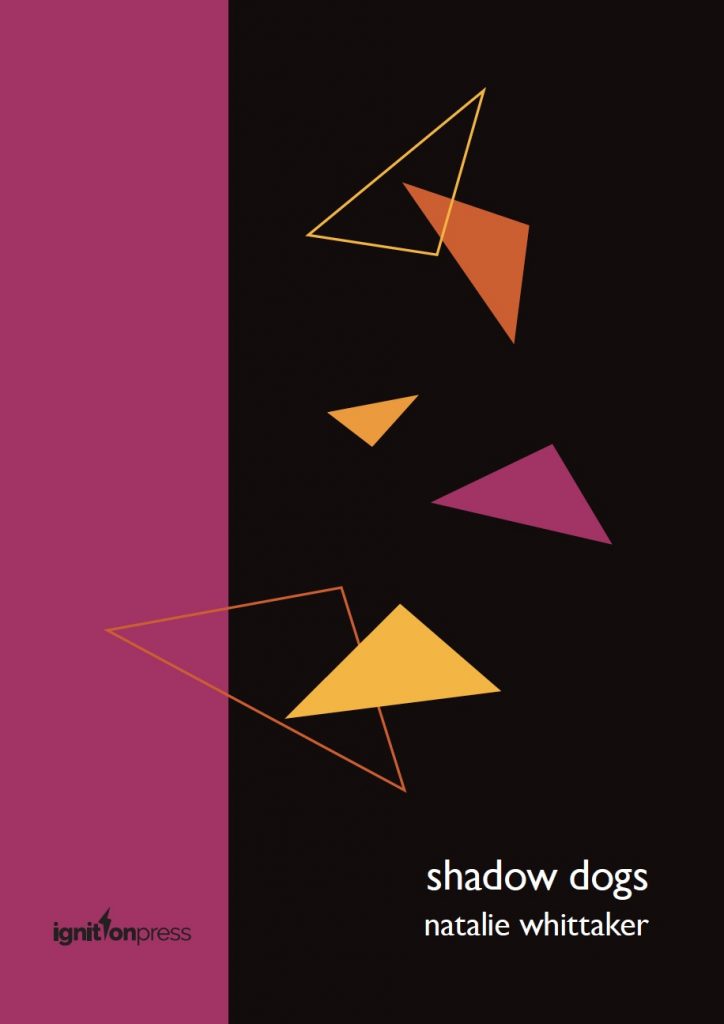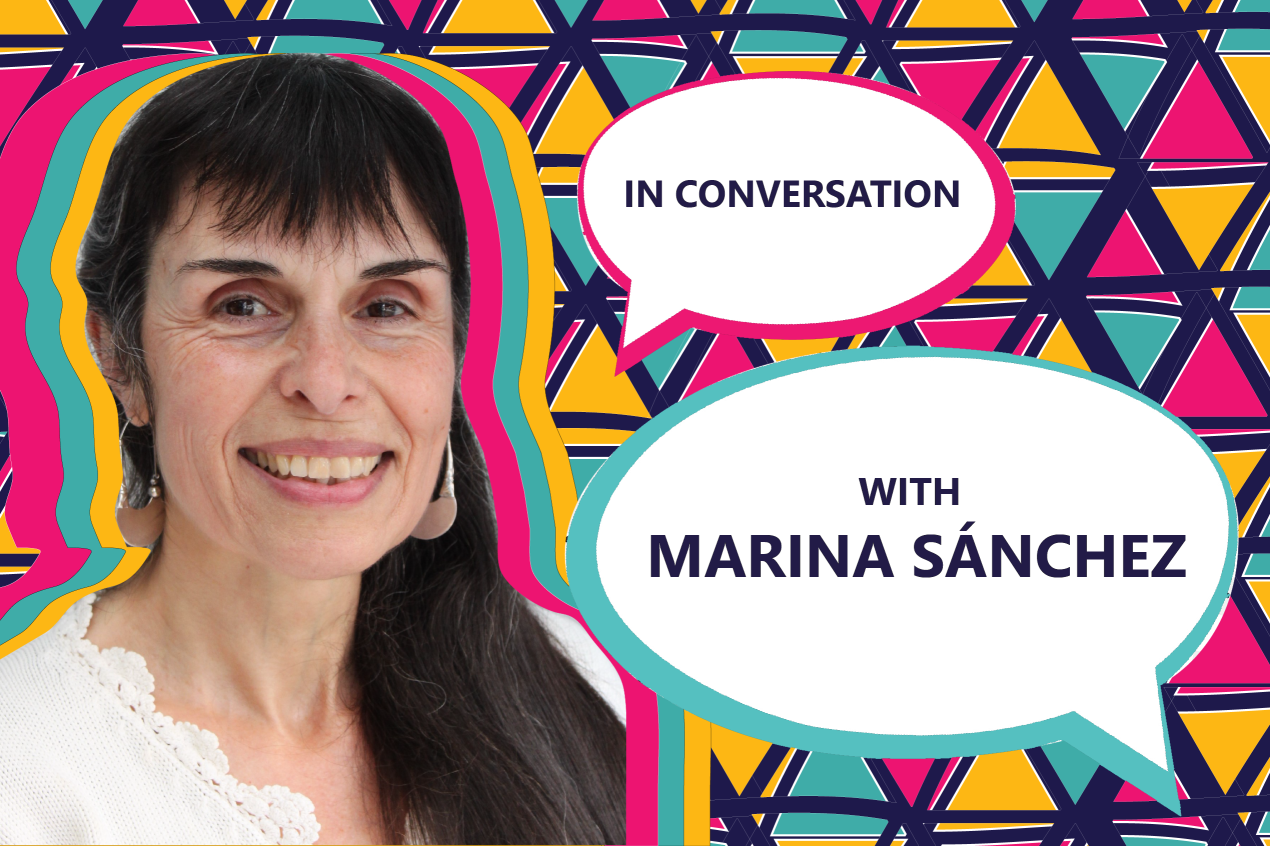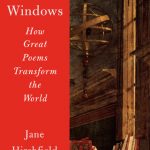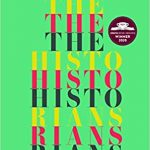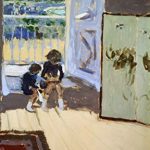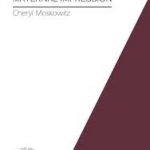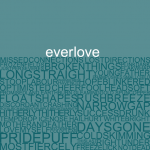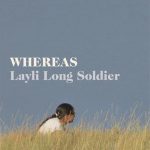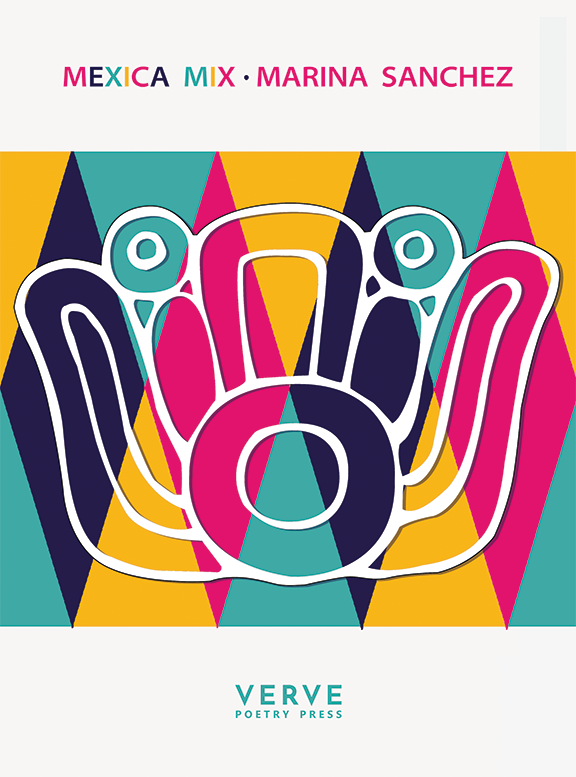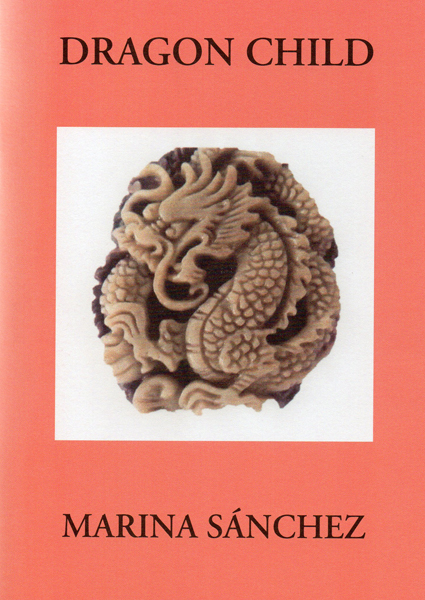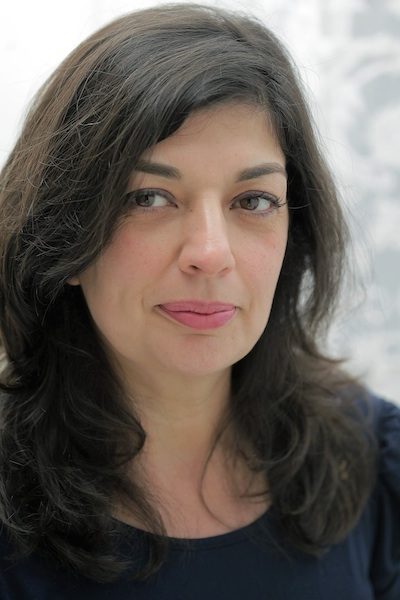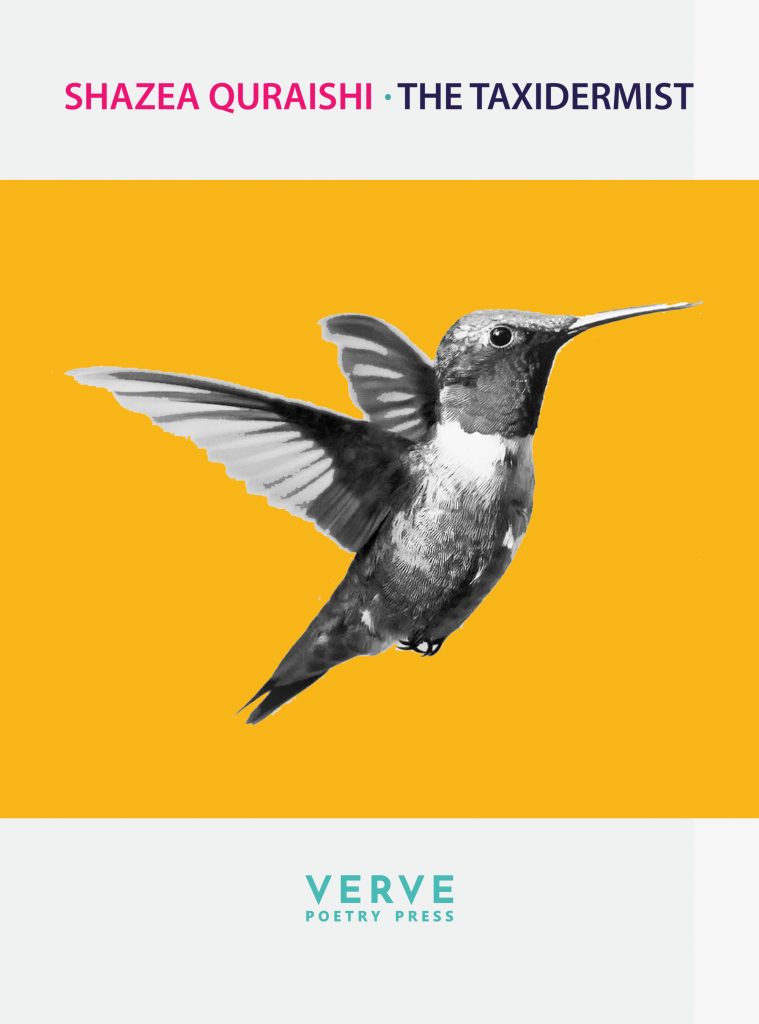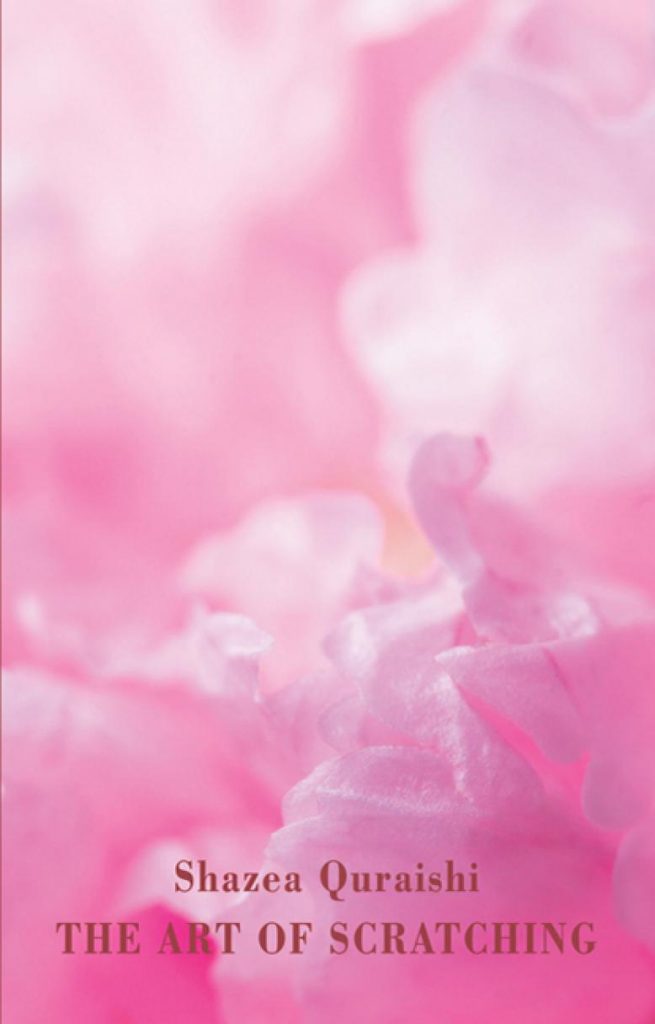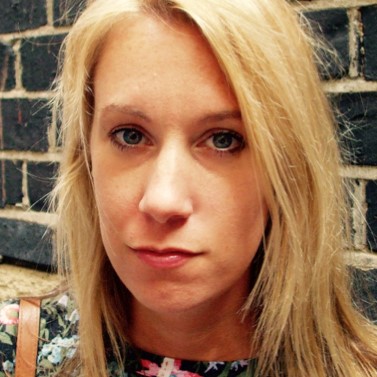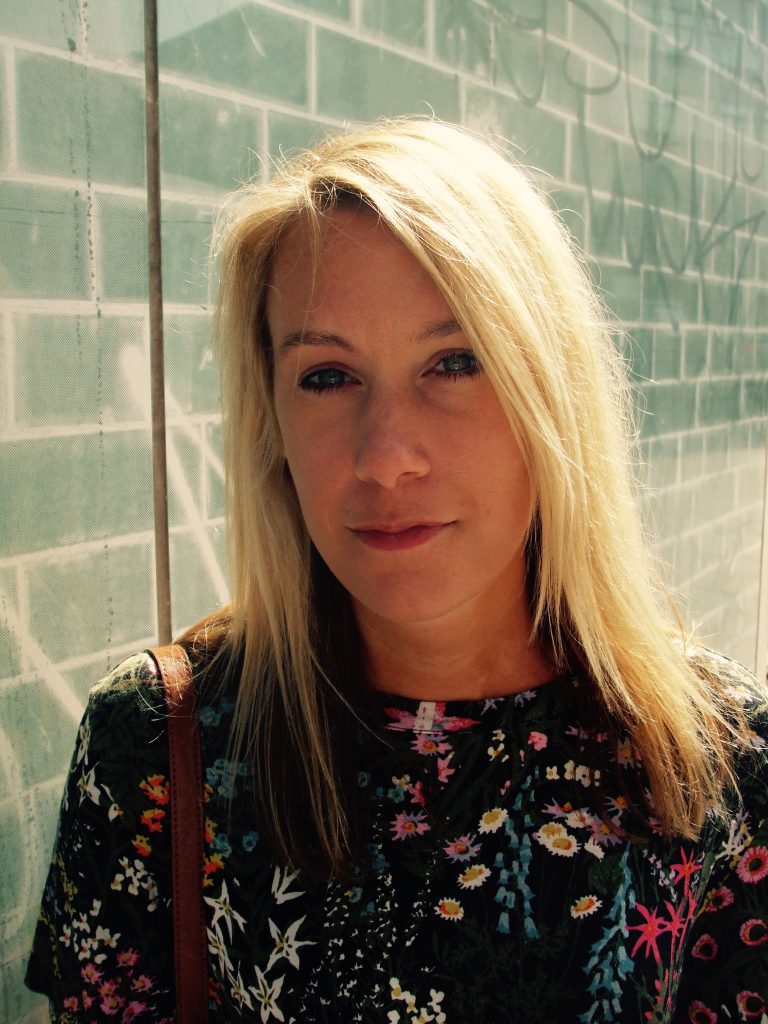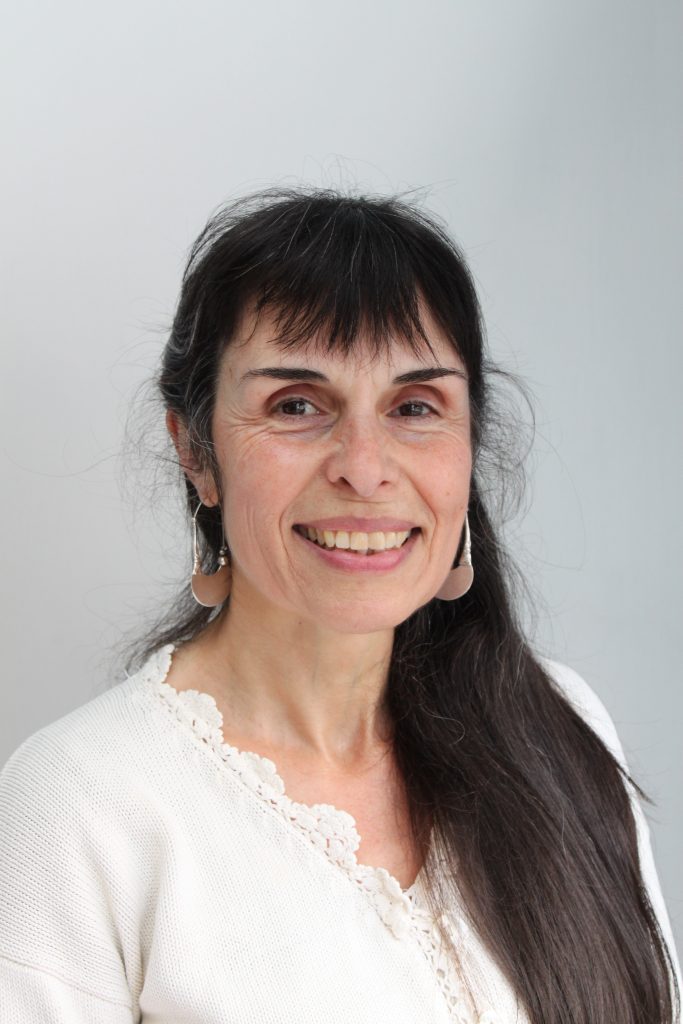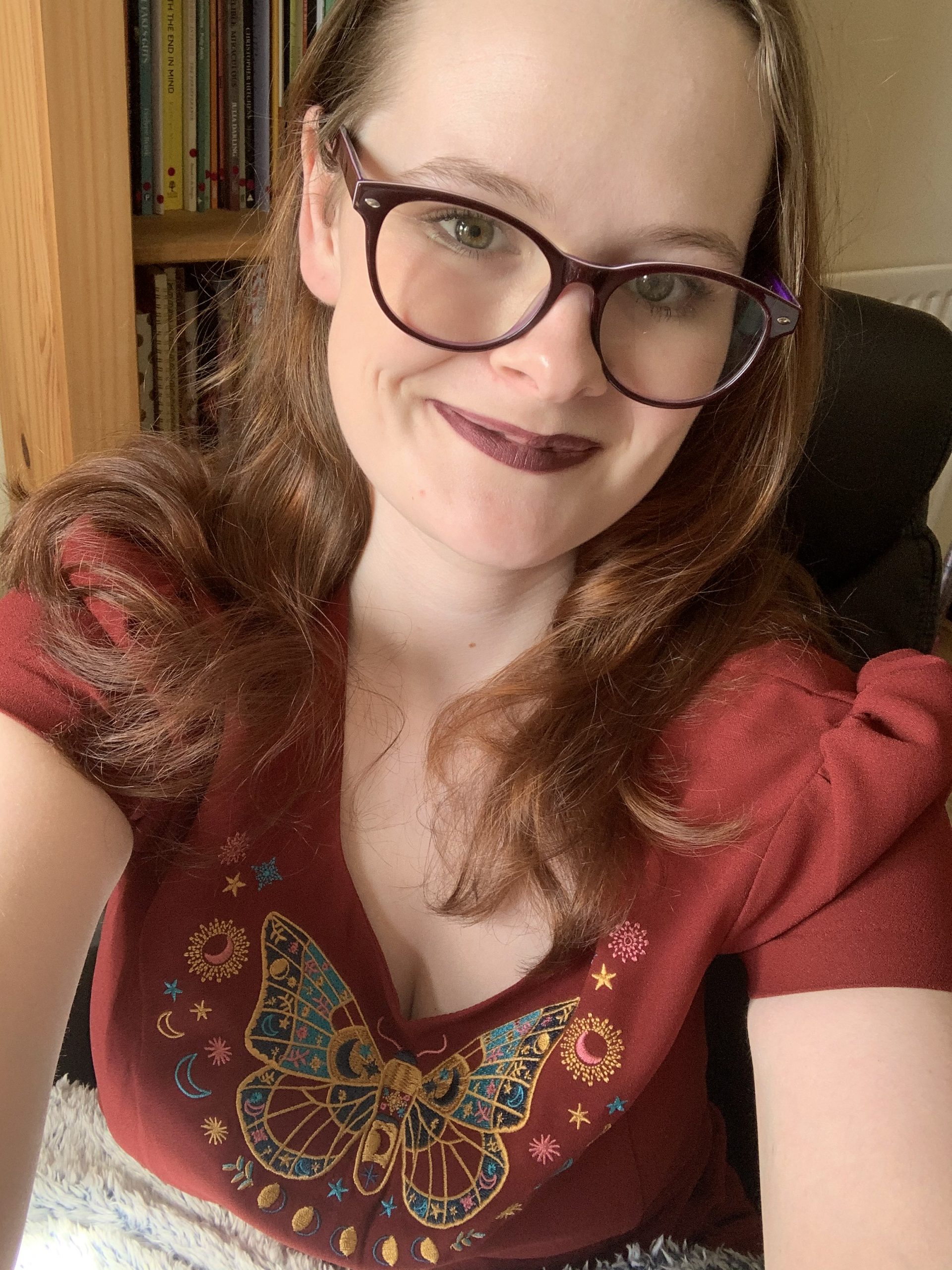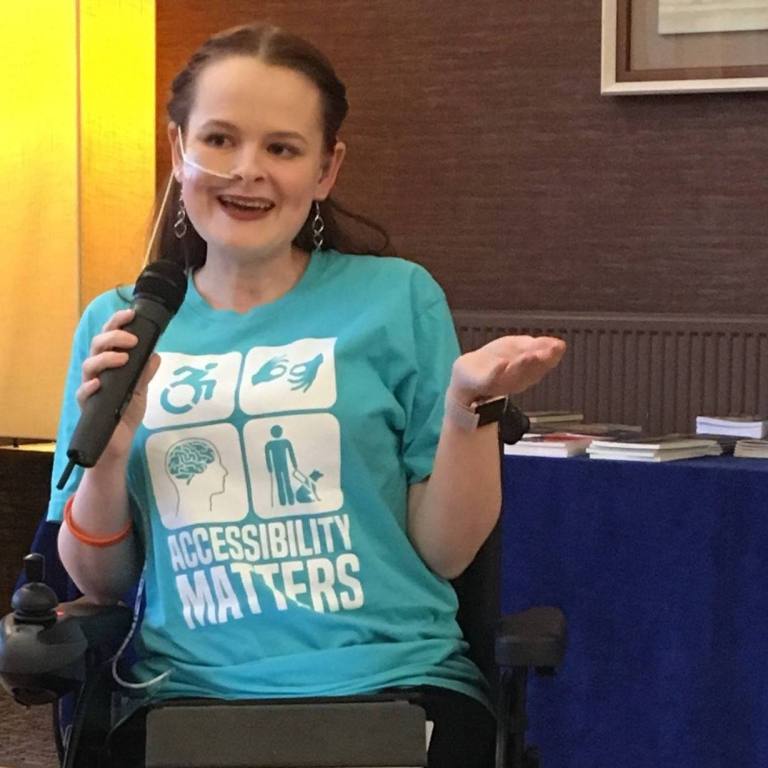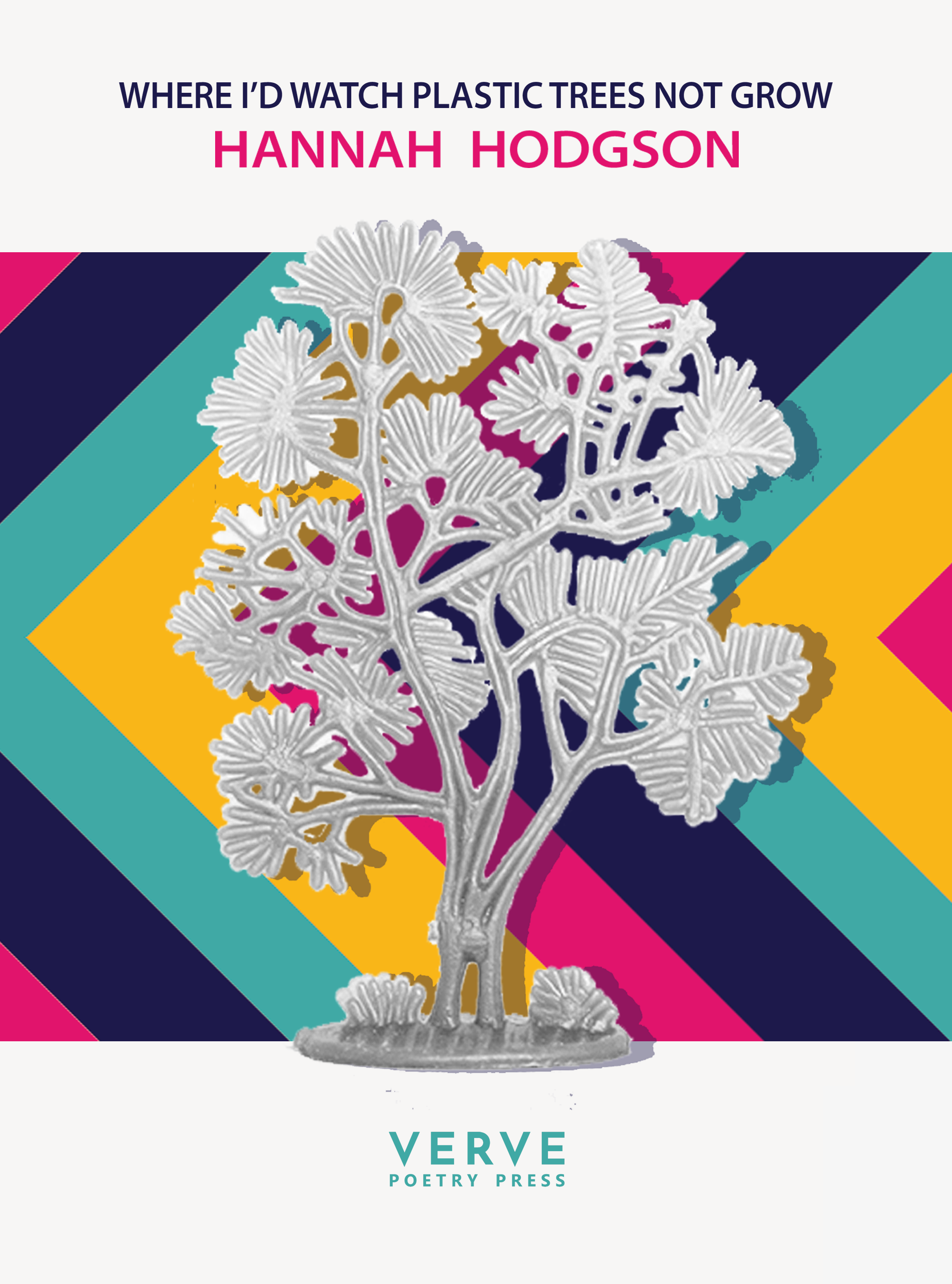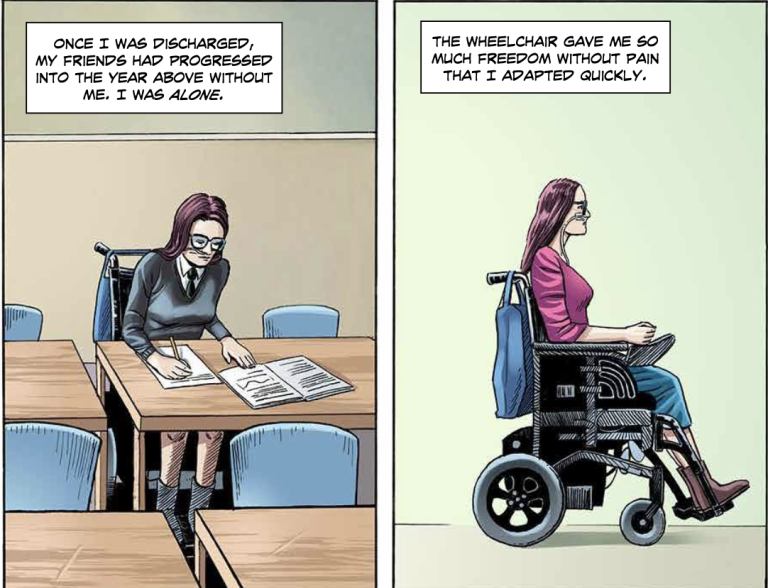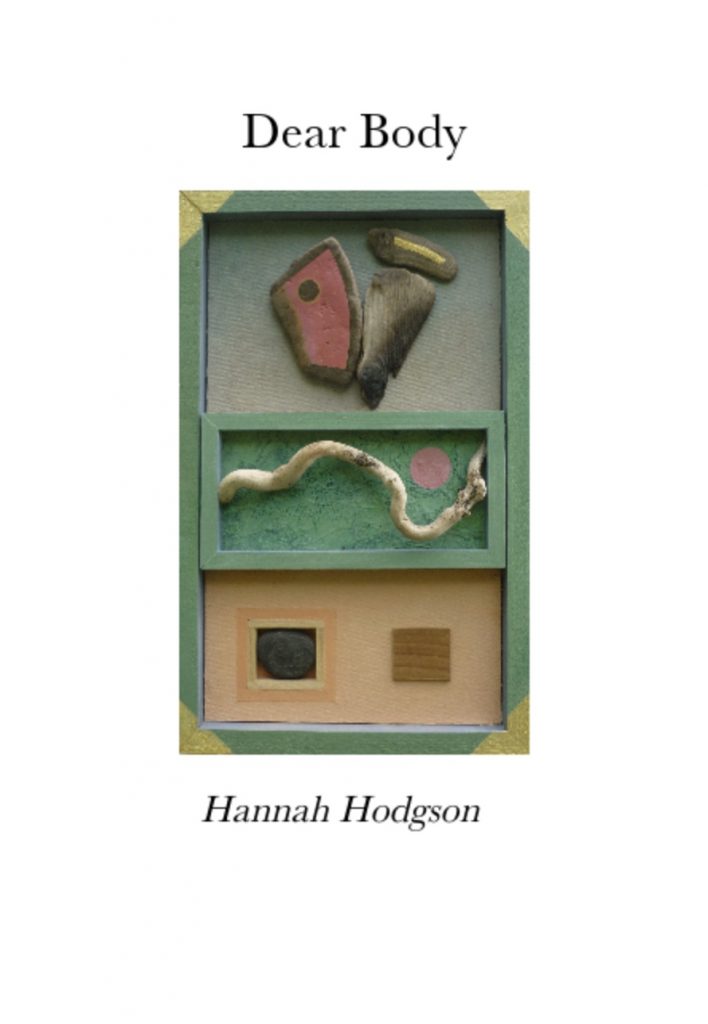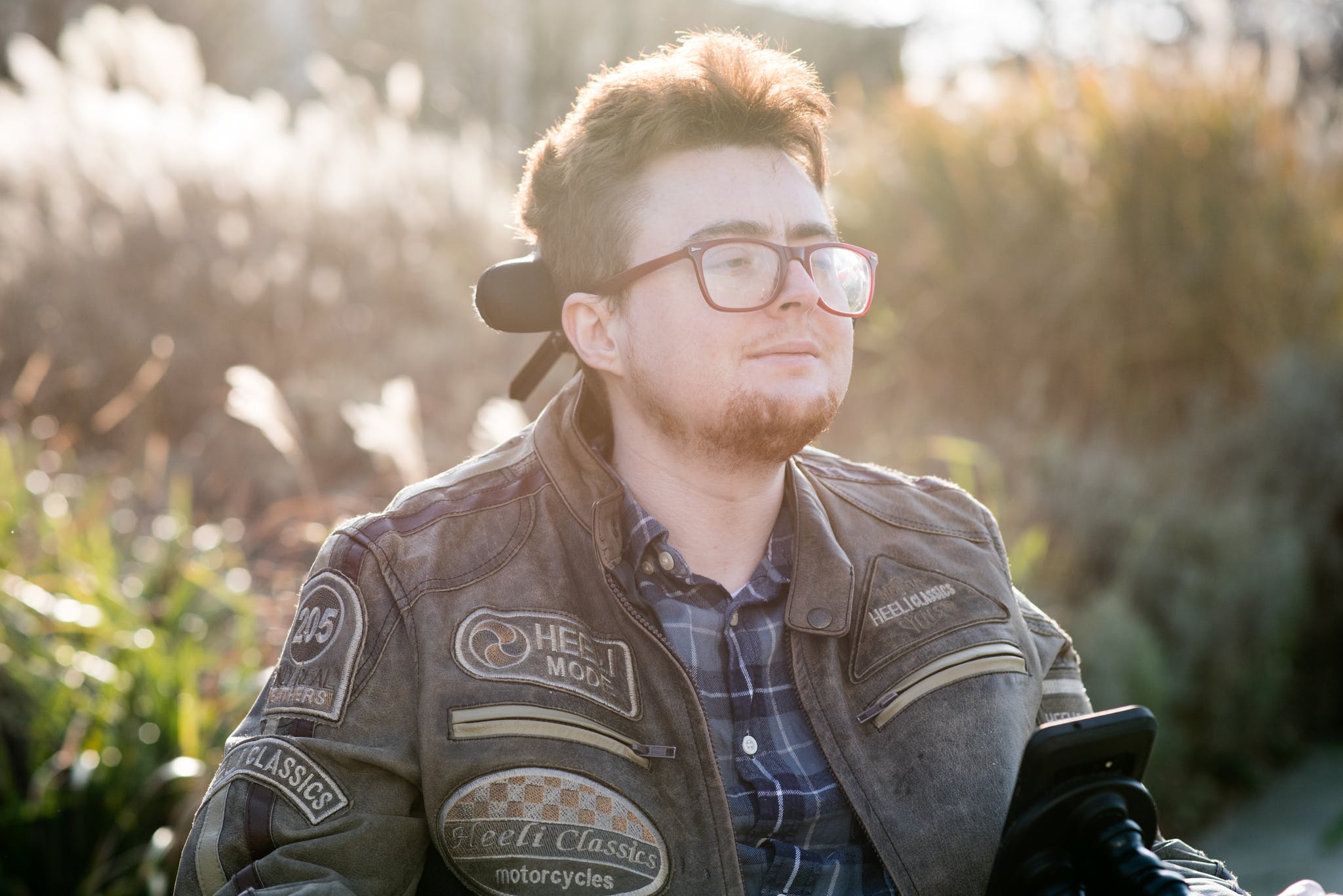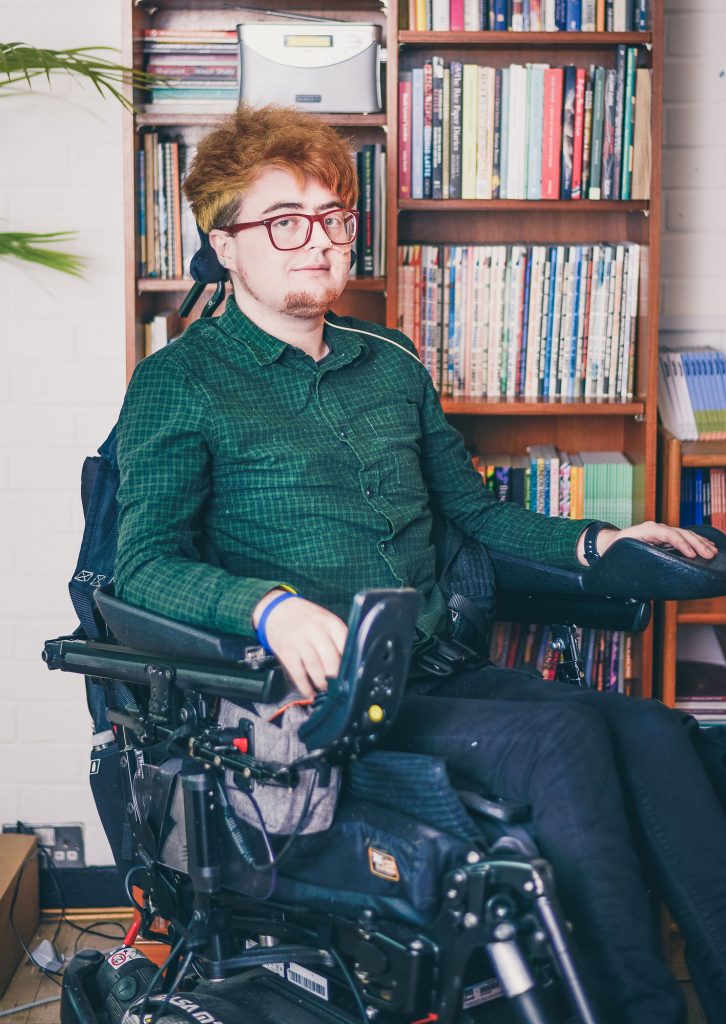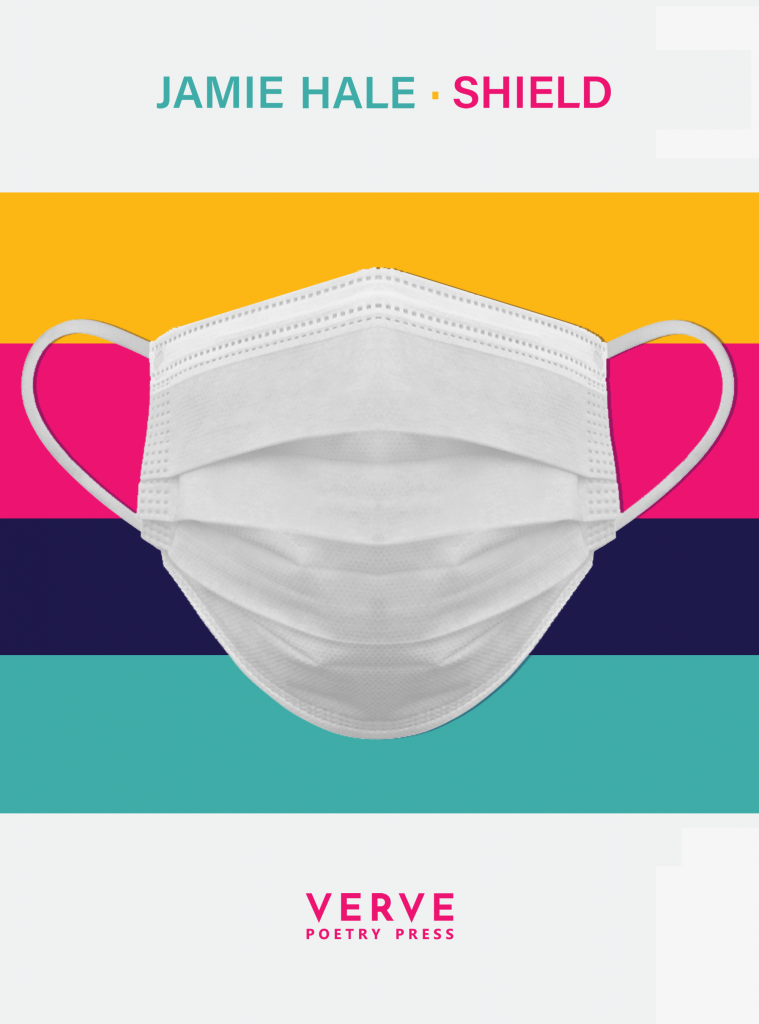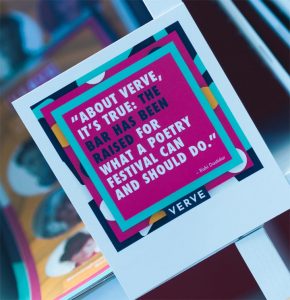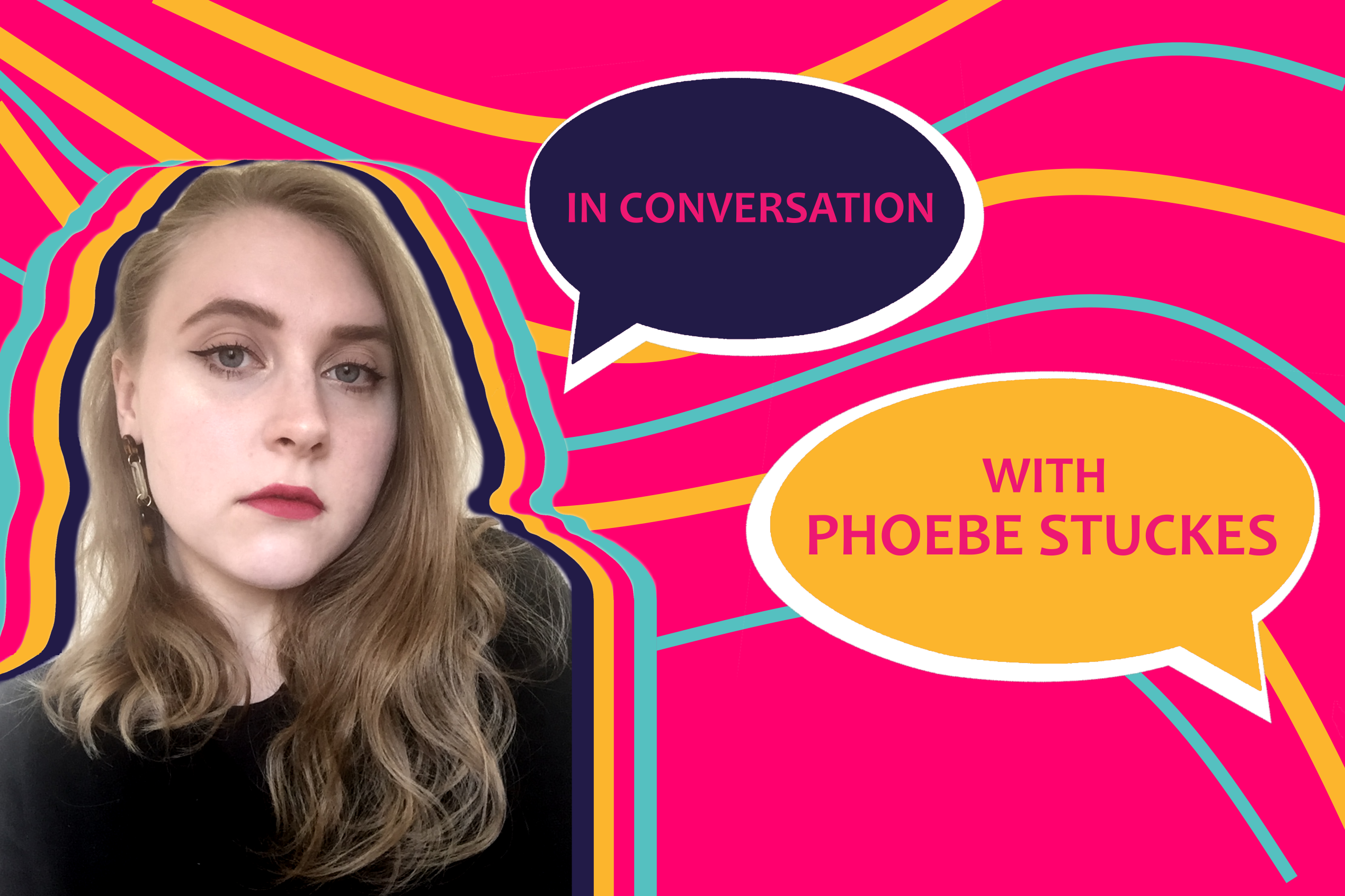
After being blown away by her reading at VERVE 2022, we had to reach out to brilliant VPP poet, Phoebe Stuckes. Read below for her thoughts on her party girl persona, writing during a pandemic why we just can’t log off of social media, even when it’s making us miserable…
Hello Phoebe! How are you doing? What have you been up to since we last heard from you? It was brilliant to hear you read at VERVE Poetry Festival in February!
Hi! I’m doing okay, not a great deal to report, just writing and working. I’m delighted that it’s Spring as the Winter makes me morose. Thanks! I had a great time performing at Verve and it was my first in-person reading in two years!
Lucky us! We’re honoured to have been your return to readings – hopefully the first of many!
Phoebe read the title poem from her pamphlet on the VERVE Stage in February
The One Girl Gremlin is your second pamphlet, and your first since your full-length collection Platinum Blonde. What is unique about this project compared to your previous writings?
I didn’t really set out to write a complete sequence. I just wanted something to do really, I wanted to write something and I’d been reading a lotof prose poems so I think that influenced the style of the poems. My friend Em Meller pointed out that Platinum Blonde is mainly about external events whereas in The One Girl Gremlin there’s a lot of dream sequences and contemplation; I think it’s definitely more dreamlike.
My approach was the same in that I just try and write a lot of poems and then I usually understand the sequence only in retrospect, at the time of writing I’m too close to it. I have this problem where whenever I try and plan a piece of writing before I write it I always vere off in the other direction, so no I’ve never written anything that I set out to write!
We published Phoebe’s pamphlet The One Girl Gremlin in September, her first since her full length collection Platinum Blonde (Bloodaxe Books, 2020)
“Here, Phoebe Stuckes’ trademark poems of high humour and hubris take on a dreamier, more abstract, quality. Perhaps the ‘wise-cracking party girl’ of her earlier work is sensing that, for a while at least, the party is postponed. There isn’t much worth staying up late for any more in these poems. Instead, our character lies awake in bed long into the night or wakes up into a pre-dawn world they barely recognise. And the strange new rural setting they wake to is inviting and also threatening and therefore not to be trusted.”
Very relateable! Speaking of things not going to plan… how was your experience of writing and releasing Gremlin affected by the pandemic?
I think it forced me to write outside of my usual themes because my usual subjects; nightlife, intimacy, etc. weren’t available to me anymore. Everything I would usually have done around the release was moved online, I also haven’t been doing many in-person readings even though they seem to be starting up again, so I haven’t had as many opportunities to put it in people’s hands as I would like.
There’s a lot of reference to being visibly online in these poems, as well as those that more broadly explore a sense of living performatively. Is that something you set out to interrogate with this pamphlet?
I suppose so; I’ve written a lot in my other poetry about femininity and the self being constructed. I think in Platinum Blonde there was a strong persona and in The One Girl Gremlin the persona slightly dropped because I didn’t feel like I had an audience anymore. I think people of my generation have a really high level of anxiety around being surveilled because so much of our life is online and will probably be there forever in some form or other.
There are a few of your poems that get shared a lot online – do you think there’s something about your poetry that’s particularly retweetable?
God I hope not! There’s really no telling what poems people will share around and which they’ll basically ignore so I try not to think about it too much. I like the attention obviously, and it’s a good way to reach new readers but I don’t think about it too much.
Finally, are you working on anything new at the moment? Are there any upcoming projects you’d like to plug?
Nothing that isn’t top secret. I’m running a workshop on Ekphrastic poetry for The Poetry Business for a second time on the 25th of May, you can book tickets for that here:
Sounds amazing! Thanks so much for talking to us!
For more from Phoebe, check out her pamphlet The One Girl Gremlin, or read more about her on her author page here!

